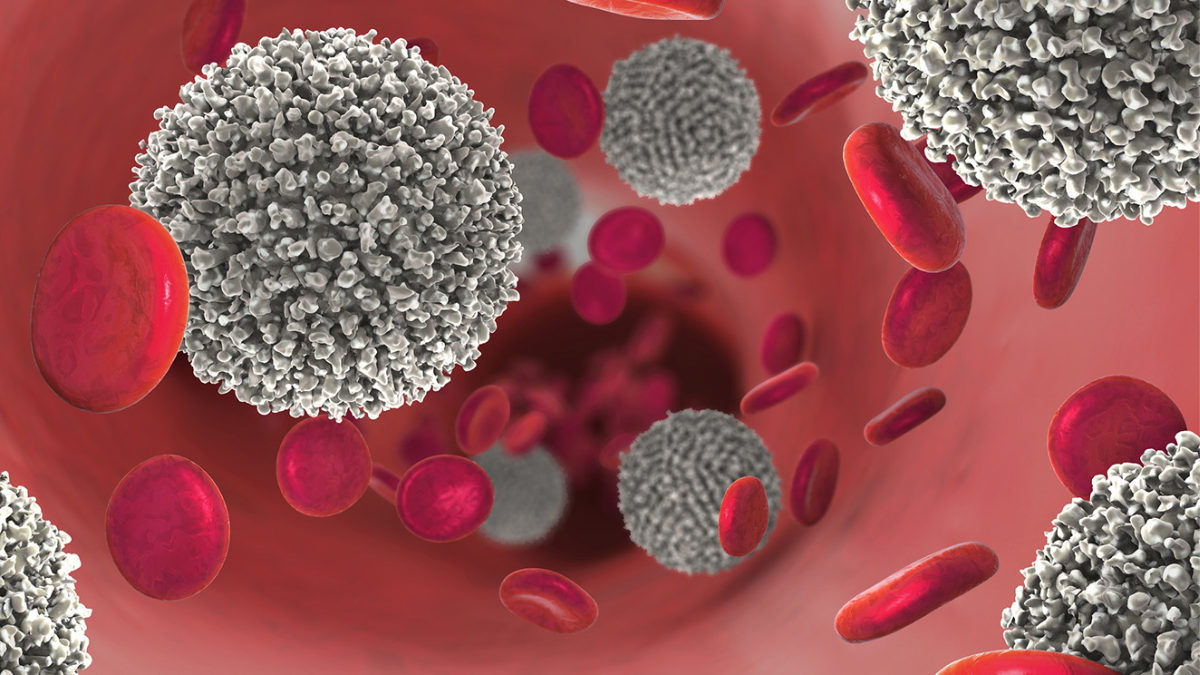
The entertainment world is deeply saddened by the news of veteran actor Pankaj Dheer’s passing at 68. Pankaj Dheer, famous for his iconic role as Karna in B.R. Chopra’s Mahabharat, had been battling cancer for several years. Reports say he had undergone a major surgery following a cancer relapse, which had worsened in recent months. His passing is being mourned by fans, co-actors, and the television fraternity.
Table of Content:-
Dheer had fought cancer earlier and reportedly recovered, but the illness recurred. Sources mention he was “extremely unwell” in the weeks before his death. The sudden decline underscores how relentless cancer can be, even after prior victory.
Pankaj Dheer's Cause of Death ![Pankaj Dheer death Pankaj Dheer death]()
While the cause of death hasn’t been explicitly detailed by family or official sources yet, the Cine & TV Artistes Association (CINTAA) confirmed that Pankaj Dheer passed away following complications after his cancer relapse surgery. The statement simply noted the actor had been fighting cancer for some time and underwent major surgery to manage a relapse.
No further medical details have been disclosed publicly, but it is understood that his health had deteriorated rapidly over recent months, requiring hospitalisation and intensive medical care. The actor’s funeral was held promptly in Mumbai, with family and industry leaders paying their respects.
Understanding Cancer Relapse: Why Do Cancers Return?![]()
To understand Dheer’s journey, it helps to know how cancer recurrence works. In one of our previous articles, Dr Arif Kaderi (MS, MCh, Tata Memorial Hospital) and Dr Ehasanali Kaderi describe how cancer cells can evade the immune system, remain hidden, and later reawaken. “The recurrence of cancer is linked to the ability of cancer cells to spread to other organs. Early-stage cancers tend to recur less frequently than advanced ones. Sometimes, cancer cells remain dormant for years before re-emerging,” said Dr Arif Kaderi.
- Even after “complete” removal or apparent remission, microscopic cancer cells might remain and later proliferate.
- These cells can either stay local or travel to distant organs (metastasis) before reactivating.
- Recurrence may occur months or years later, depending on cancer type, stage, and biology.
- Monitoring via scans, biomarkers, and follow-up is critical to detect recurrence early.
In many respects, Dr Kaderi’s insight aligns with broader medical consensus. For instance, the National Cancer Institute (USA) notes that recurrent cancer happens because some cancerous cells survive initial treatment and later grow again.
ALSO READ: Bigg Boss Kannada Contestant and Actor Raju Talikote Passes Away Due to Heart Attack - Report
Final Thoughts
Pankaj Dheer’s passing after a cancer relapse and surgery is a tragic reminder that cancer’s battle is often lifelong and unpredictable. While we may not know the definitive medical cause of his death, his story reflects a broader medical reality: relapse is a known risk even after apparent recovery. Understanding recurrence, keeping vigilant follow-ups, and supporting research into better detection and treatments are crucial. May his legacy as an actor and fighter encourage awareness and compassion for all facing cancer’s shadow.
Also watch this video
How we keep this article up to date:
We work with experts and keep a close eye on the latest in health and wellness. Whenever there is a new research or helpful information, we update our articles with accurate and useful advice.
Current Version
Oct 15, 2025 14:19 IST
Published By : Vivek Kumar

